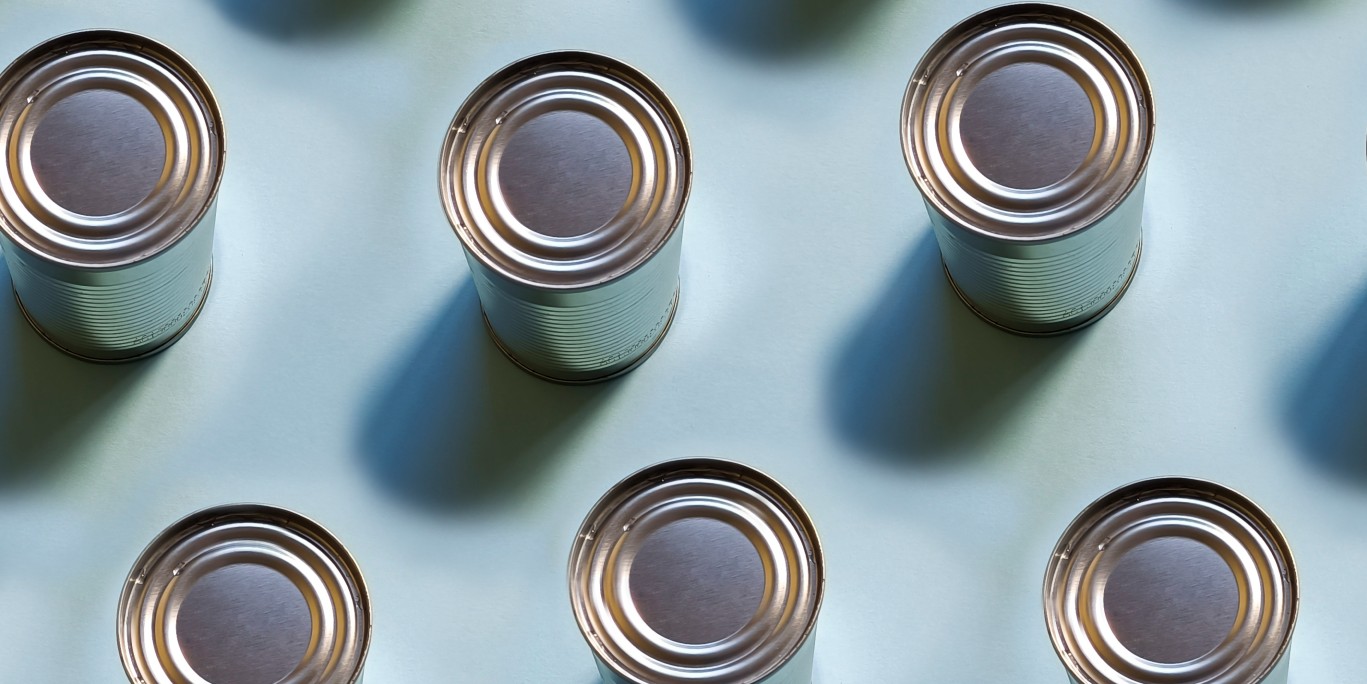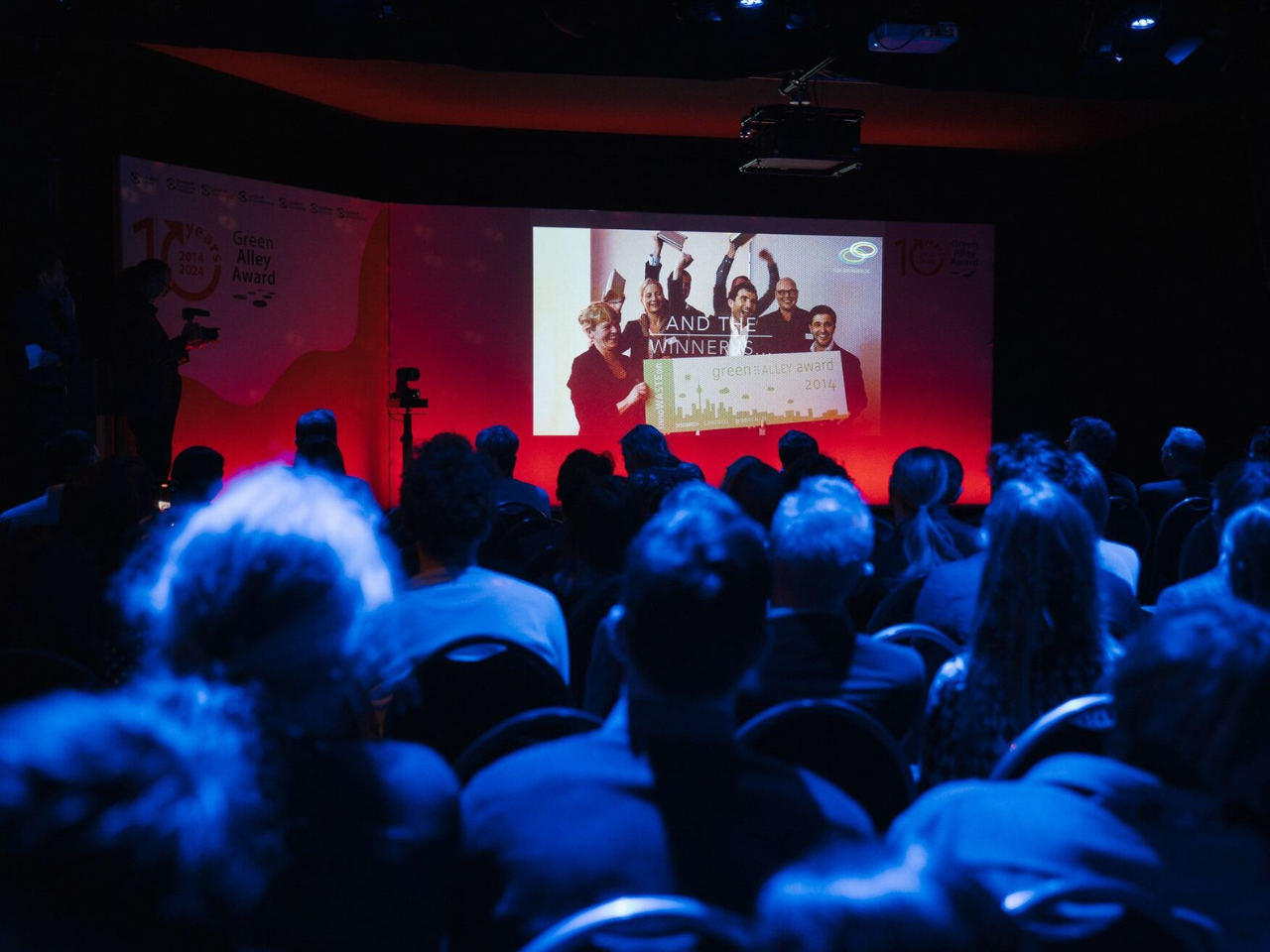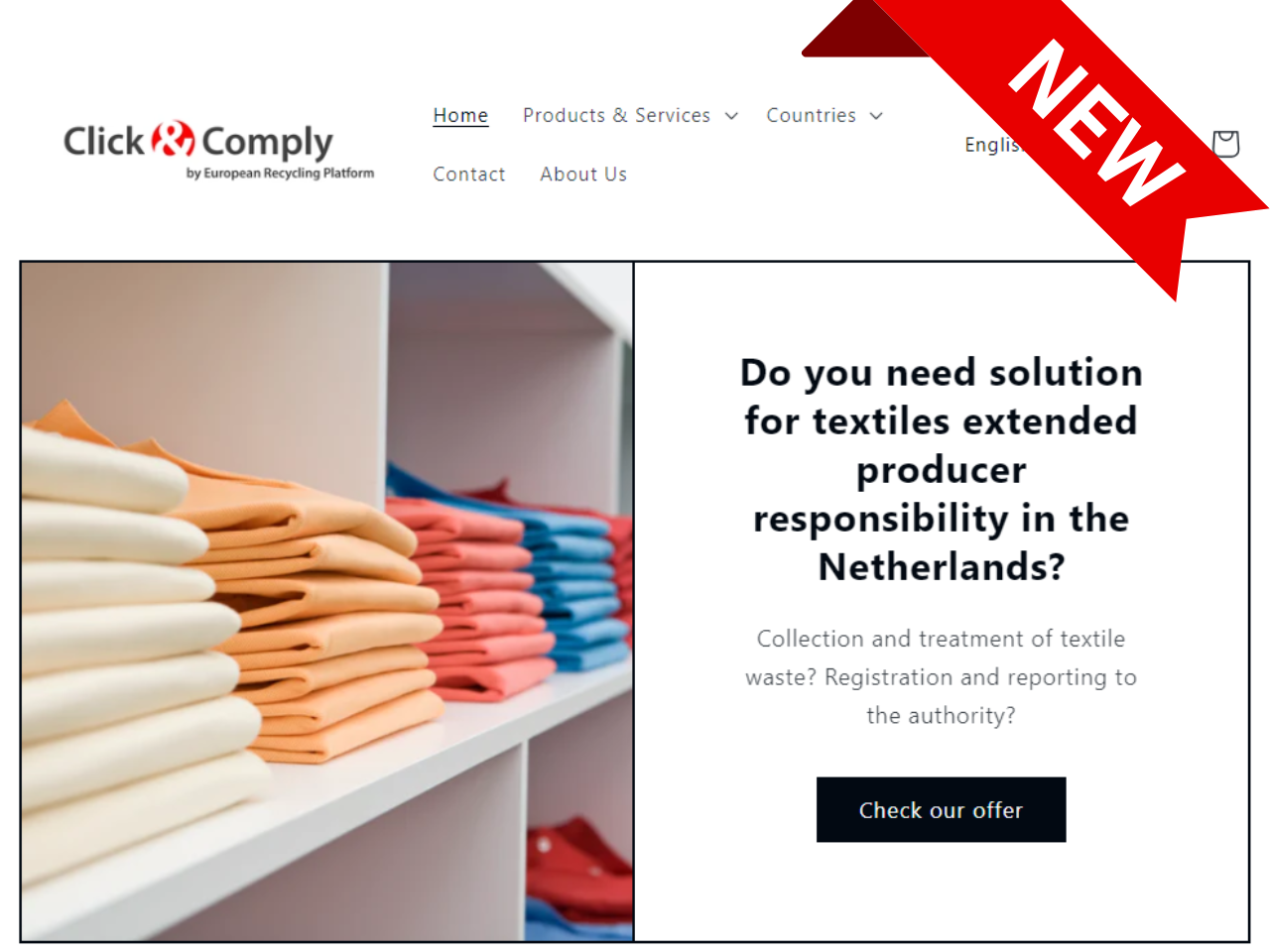What changes could have the biggest impact? Read our selection for May 2024:
Global Plastic Treaty: update
General Report for 2023: EU activities published
SWITCH-2-CE: new circular initiatives in east and southern Africa
Global Plastic Treaty: update
In Ottawa, Canada, from 23 to 29 April, the Intergovernmental Negotiating Committee held their fourth meeting to develop an international, legally binding instrument to combat plastic pollution, including in the marine environment (INC-4).
The aim of the meeting was to advance negotiations to a point where the Committee can finalise the text at its next session.
Last year, Landbell Group company, Landbell AG, joined the Business Coalition for a Global Plastics Treaty. See article here.
Landbell AG was the first producer responsibility organisation (PRO) to support the work of the Coalition, which aims to develop clear and consistent policy insights and recommendations for an ambitious and effective treaty, and to inform the negotiations on key elements and priority policy considerations.
Discussions during the fourth session focused on key elements of the treaty, such as:
- problematic and avoidable plastics
- chemicals of concern
- primary plastic polymers
- product design
- composition and performance, and
- extended producer responsibility and global rules
The fifth session is scheduled to take place in Busan, Republic of Korea, from 25 November to 1 December 2024.
General Report for 2023: EU activities published
The EU recently published its General Report for 2023, which looks at how it has responded to emerging and existing global challenges.
This is an annual publication that comprehensively documents the EU’s key initiatives and achievements over the past year.
Chapter 3, ‘Creating a climate-neutral and prosperous Europe’, examines various topics, including net-zero, biodiversity, sustainability and the circular economy.
The report notes the progress made towards a circular economy, which aims to make sustainable products the norm, reduce pressure on natural resources, cut waste and create sustainable growth and jobs.
Key initiatives
Key initiatives highlighted include the proposed new textiles legislation, which will make producers responsible for the entire life cycle of their products, and promote sustainable management of textile waste across the EU.
The report states that more than five million tonnes of clothing are discarded in the EU each year (over 11 kg per person), yet only 22% of this waste is collected separately for re-use or recycling (the rest is often incinerated or landfilled).
Other initiatives in the report include the proposed End-of-Life Vehicles Regulation, the politically agreed Waste Shipment Regulation and the finalised rules to help consumers make informed and greener choices when buying phones and tablets.
The report highlights the overall importance of the circular economy and the role it plays towards the EU’s sustainability, resilience and climate neutrality.
Many of the initiatives covered in the report will be negotiated and finalised in the coming years, contributing to a more sustainable and prosperous future for Europe.
SWITCH-2-CE: new circular initiatives in east and southern Africa
The European Commissioner for International Partnerships, Jutta Urpilainen, has announced the SWITCH to Circular Economy in East and Southern Africa (SWITCH-2-CE) programme.
The programme was announced as part of the EU’s Global Gateway, a worldwide strategy to invest in sustainable infrastructure projects.
The SWITCH-2-CE programme will support eastern and southern African countries in their transition from a linear to a circular economy, by creating an enabling environment for investment in circular business models and improving access to the necessary skills and finance.
The EU will contribute €40 million over five years, focusing on capacity building, policy support and finance, with a particular focus on packaging and plastic waste, and electronic and e-waste value chains.
The programme is launched in cooperation with the Common Market for Eastern and Southern Africa (COMESA).
Sign up for our monthly
report COMPASS here:
Your email











